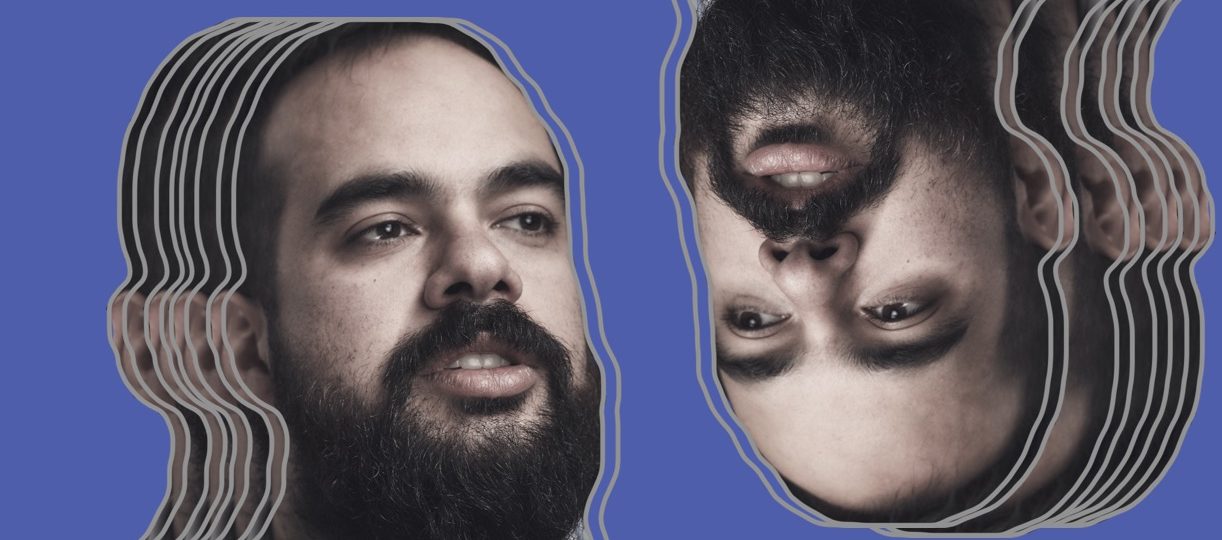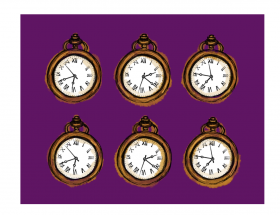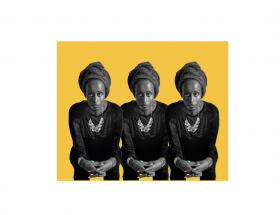“When home is home no more, identity becomes an essential element for the displaced in their search for a new life.”
On Tuesday, November 12th, the Center for Art and Politics hosted the Honduran documentary photojournalist Tomás Ayuso in St Andrews, Scotland. While he usually assumes the role of a visual storyteller, Ayuso brought his photographs to life in person last week, through spoken words and his captivating voice. He spoke at length to a group of university staff and students about the stories of conflict and complexity haunting many young people in Latin America today. As a writer and photographer, his work takes him all over the Americas, where he covers conflict as it pertains to the drug war, forced displacement, and urban dispossession in Honduras, Mexico, Colombia, and the Caribbean. His goal is to foreground different voices and create a complete, rich sense of people’s life stories by appreciating diversity and including all kinds of demographics. By documenting cycles of corruption, violence, and poverty, Ayuso reveals how young people are robbed of their right to live long and peaceful lives.
As the only Honduran undertaking this form of dangerous documentary work, he is conveying to the world how skewed definitions of home, identity, and the self can become in times of conflict, when all that matters is struggling for survival.
Ayuso’s ongoing project titled “The Right to Grow Old” examines why Hondurans are fleeing their homes and searching for safety abroad. Catrachos, which is the demonym Hondurans use to refer to themselves, are subject to a political system boasting one of the highest murder rates in the world, extreme corruption, and low levels of economic development. After the 2009 coup d’état, trends of decreasing poverty, unemployment, and inequality were reversed. Within this disenfranchising system, many young people are prevented from obtaining a safe and secure life. Ayuso focuses specifically on the youth fleeing violence, gangs, and poverty. As he works on “The Right to Grow Old,” he is demonstrating how disparities of wealth and opportunity have created a world in which, for some communities, the act of growing old is a privilege and no longer an inalienable right. At the National Geographic Storytellers Summit in early 2019, he highlighted how conditions of conflict, drug wars, and subsequent forced displacement take the right to live and the right to grow old away from many people. In his talk last week, Ayuso explained again how the circumstances in which many Latin Americans find themselves today change what “home” and “life” mean – he explained that death, violence, and deprivation make “escape” and “survival” the only possible aspirations. In one story he shared during his talk, Ayuso described how a 17-year old boy named Moises was urged by his own father to leave the country and search for a chance at life abroad. In this case, Moises packed up and left home with his pregnant girlfriend to embark upon the treacherous journey north.
When home is home no more, identity becomes an essential element for the displaced in their search for a new life. Although signs of identity, such as personal possessions, tattoos, or language, are constantly carried with the displaced, new and often intangible components are added with each border crossed in the trek towards survival.
Ayuso recounted how the identities of Moises and his girlfriend had changed significantly when he crossed paths with them again in Mexico, at a later point on their journey. They had become parents and were learning how to reconcile their state of constant movement with developing an identity as a secure family. Ayuso himself has had experience with the fluidity of identity, starting first and foremost with the stories his grandmother told him as a child. From an early age, he was impacted by the idea of home, migration, and identity as he learned lessons in curiosity and fostering empathy for each individual’s own complex universe from his own family role models. Though Ayuso himself is from Tegucigalpa, he was born in Guatemala and his grandparents emigrated from Palestine first to the US and then to Honduras. Through his own experiences, he has come to understand how family histories, movement, and local conditions influence our individual and collective human identities. Now, he continues on a course of constant motion and searches for meaningful stories in areas afflicted by conflict and displacement. With his work, Ayuso hopes to create a record of the intersection between local successes and continental struggles.
In his acceptance speech for the prestigious 2019 James Foley Award for Conflict Reporting, which recognizes journalists who produce reporting under extremely challenging conditions, Ayuso emphasized his desire to demonstrate how interlinked every story is and call attention to the way in which the self can be reinvented multiple times over in order to survive. He listed three main points which drive his passion to work in his field:
- There is no such thing as a person without a voice – there are only voices that are forcefully silenced.
- There is value in cultivating diverse newsrooms around the world and including different voices in political conversations in order to better reflect the true diversity defining life.
- As long as there is conflict and violence present, we are all honor-bound to tell the stories of the communities affected.
Ayuso’s motivation, dedication, and work serve as poignant reminders of the way in which conflict may both separate people along lines of inequality and violence as well as unite them in a struggle for survival. In areas of the world where violence is so normalized, Ayuso looks for the disturbing details, the individual stories of identity, and how they fit into the bigger societal picture. By exploring concepts of home, movement, identity, and self-reinvention through intimate portraits, Ayuso spotlights the daily struggle of people striving to preserve their basic right to live by crossing national boundaries. He skillfully zeroes in on the forces preventing young people from fulfilling their right to grow old and live in conditions of prolonged peace.




